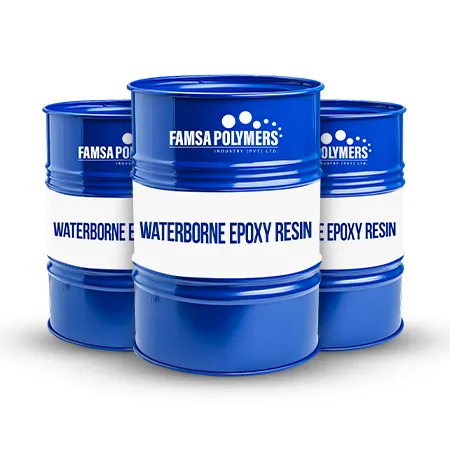
| Grade | Color gardener | Viscosity @25°C | Curing time @25°C | Non Volatile Content % | Characteristics / Uses |
|---|---|---|---|---|---|
| FAMB-128 | black | 1000cps | 45min | 99.9 | Standard low Viscous black Epoxy Resin |
Don’t miss our future updates! Get Subscribed Today!
© 2025 Famsa Ploymers Industry Pvt Ltd. All Rights Reserved. | Web Designed By artxpro